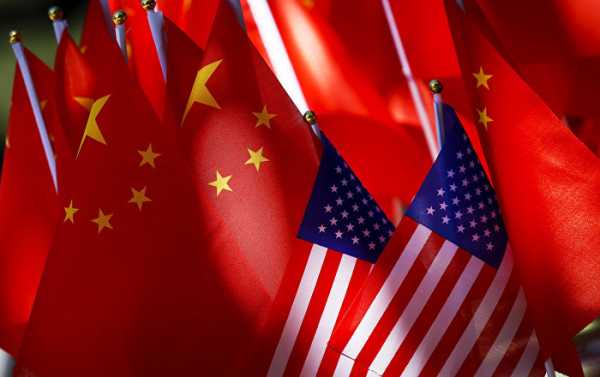
Chinese officials have slashed tariff rates on 1,585 imported goods items, paving the way for a reformed customs policy amid the ongoing trade war with the US.
The latest cuts have taken effect on Thursday, which cover mostly industrial goods, mechanical and electrical products, raw materials and spare parts. The move aims to help reduce production costs and increase supplies to domestic companies, CGTN reported.
Tariff rates were cut from 10.5 percent to 7.8 percent, the Customs Tariff Commission of the State Council stated, making up 19 percent of all taxable items.
China will maintain overall tariff rates at 7.5 percent, down from 9.8 percent in 2017, and has eliminated import tariffs on drug imports starting May 1. It also lowered vehicle and auto parts import tariffs in addition to some consumer goods from July 1 onwards.
The State Council has adhered to WTO standards by publishing a working plan on trade which introduces three goals to facilitate customs clearance processes.
China commemorates 40 years of its “Kaifang”, or opening-up policy, which began under then-chairman of the Central Advisory Commission Deng Xiaoping. Chinese president Xi Jinping and other officials have spearheaded a list of policies to facilitate trade for national and global businesses, in addition to meeting the everyday needs of Chinese citizens.
How Will the Reforms Help Trade with China?
Saikat Bhattacharya, research scholar at Jadavpur University in Kolkata, India told Sputnik that China’s tariffs reform scheme will help “make production more efficient” as the “USA imposes tariffs on the European Union, Mexico, Canada, and China”.
“This will either lead to countries affected by US tariffs diversifying trade relations, resulting in more costly imports from countries not imposing tariffs, or disrupt domestic production,” Saikat said, adding that it will make “the US economy inefficient in the long run”.
“This can be viewed from reports on last month’s global capital flows, where the first half of 2018 saw falls of 73 percent in foreign direct investment (FDI) inflows to the USA, compared to 2017.”
Conversely, “China attracted the world’s largest FDI of $70 billion, followed by the UK at $66 billion and the US at $46 billion, he said, adding that the Chinese yuan’s devaluation made headlines, but still “the yuan’s share as the world’s reserve currency rose to 1.87% in September 2018.”
Saikat also said that the tariff reductions will benefit specific countries, as “drugs will help India and raw materials like iron ore will benefit Mexico and Australia”, adding that Japan “will get major benefits” on vehicles and Brazil, South Korea, and Taiwan will benefit from China’s consumer goods sector.
“So the Chinese market is gradually becoming a major engine for meeting global demand,” Mr. Bhattacharya continued.
The views and opinions expressed by the speaker do not necessarily reflect those of Sputnik.
Sourse: sputniknews.com






